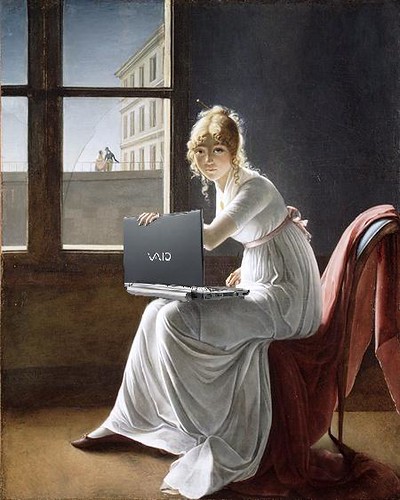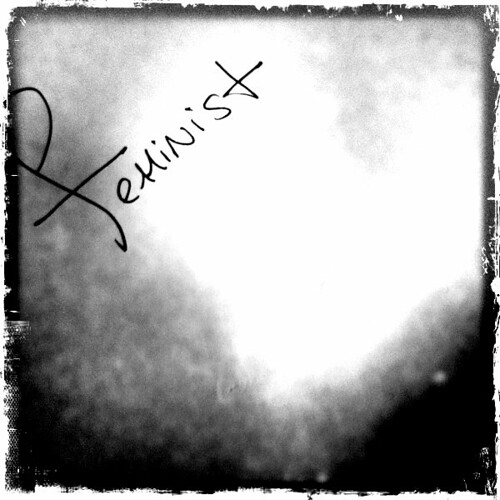Last week Democratic strategist Hilary Rosen caused an uproar when
she commented on CNN that Ann Romney was not qualified to advise her husband
and presumptive GOP presidential nominee Mitt Romney on women's economic
concerns because she's "never worked a day in a her life."
Ann Romney, a stay-at-home mom and mother of five, was so offended
she took it to the tweets. She set up a Twitter account so she could tweet this
response:
"I made a choice to stay home and raise five boys. Believe me, it
was hard work."
Meanwhile, outrage ensued as the "War on
Women" took a new turn with conservatives claiming that Democrats don't
respect the hard work that being a good mother requires.
There are so many problems with this
faux girl fight I'm not sure where to begin. First of all, while Rosen's
comment certainly lacked tact, her point was clearly not that SAHMs just sit
around the house all day watching Lifetime. Let's face it, being a SAHM or dad
is, for the most part, a privilege. Most families can't afford to have one
spouse not work outside the home. And Ann Romney is certainly not a mom
struggling to make ends meet since she's married to a gazillionaire. As Rosen
said in the interview, "She's never really dealt with the kinds of economic issues that a majority of the women in this country are facing."
So, no, she should not be Mitt
Romney's go-to person on the economic concerns of women raising families.
Here's an idea: how about Romney actually ask financially struggling mothers
what they need.
Secondly, I find it interesting that
conservatives are using this as an opportunity to assure women voters that they
believe motherhood is the most important job in the world yet few of them
support federally-mandated maternity or paternity leave and other measures that
would make the hard job of parenting a bit easier. And while they argue that a
woman's choice to be a SAHM should be respected, women who are single or poor or
women of color who want to stay home and parent are called "Welfare
Queens."
Third, I find it disturbing that
this conversation about parenting centers on motherhood. What about fatherhood?
Still in 2012 our society views the nurturing of children and the managing of
household duties such a cooking and cleaning as woman's work. And the man's
worth as a parent is directly tied to his paycheck. If you're bringing home the
bacon you're a good father. If you're not, you're a dead beat dad.
This attitude, I believe, is
hurtful to both men and women. In a world where a man’s worth is determined by
his income what happens in times of economic downturn? When Daddy loses his job
does he also lose his manhood? And what about men who choose to be stay-at-home
dads, are they not real men?
Furthermore, viewing household
duties and caregiving as “woman’s work” is a burden for women, especially those
who are mothers working outside the home. While many more men nowadays share in
duties like cooking, cleaning, etc., in most households women are still
expected to handle these duties alone even if they’re working 40+ hours a week
outside the home.
All in all, let’s not let this spat
between Rosen and Ann Romney revive the so-called Mommy Wars as this would just
be a distraction from the real issues at hand such as making changes in our
country’s policies (and our society’s attitudes) that will make it easier for women
and men to provide healthy, happy lives for their children and for themselves.


